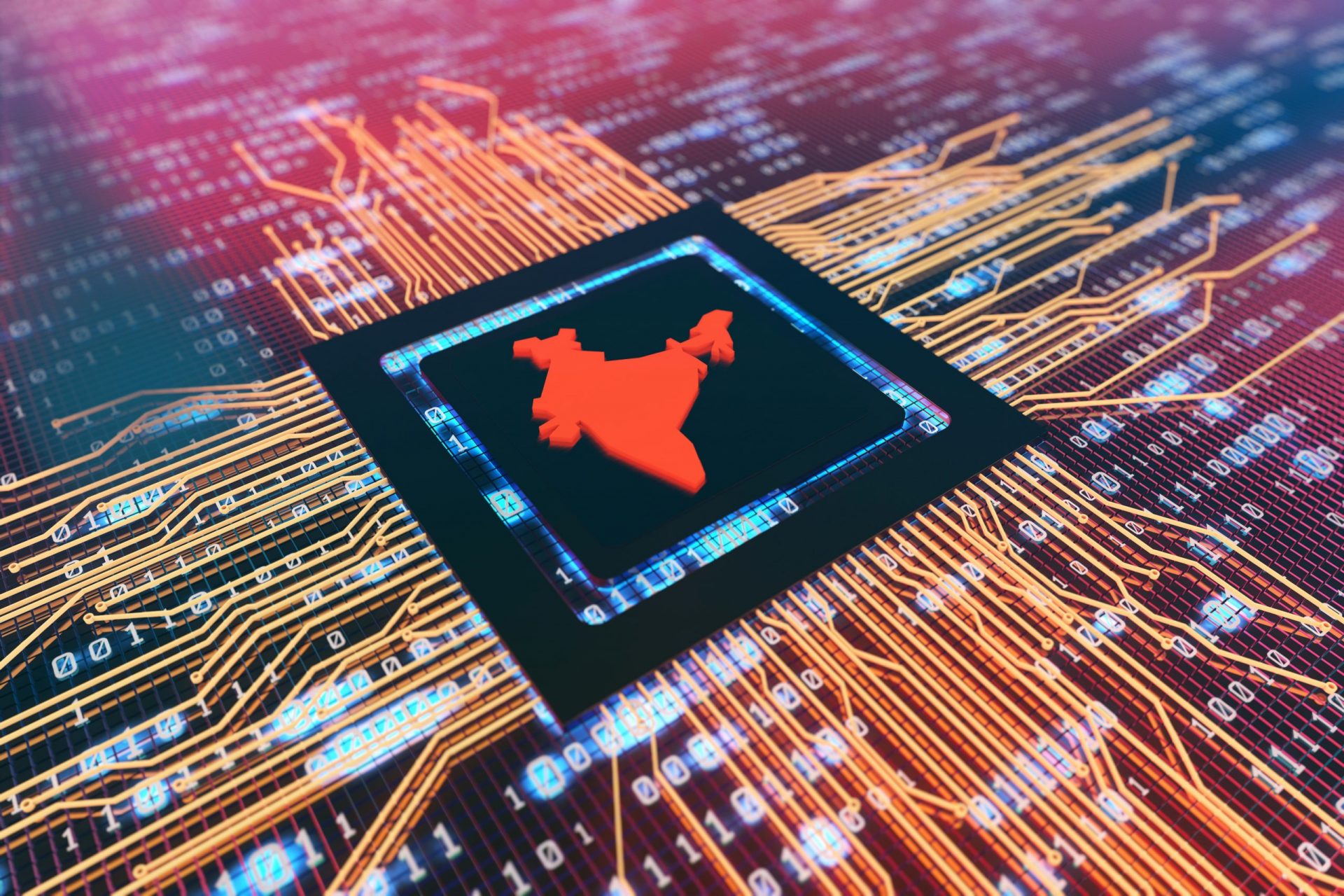How to set up an IT Delivery Center in India

Five years ago I took a flight to India, got an accountant, hired an office space in a tech park, invited friends to a meeting in the Hilton board room and signed employment contracts. This won’t work that easy nowadays. But how to get it going today?
I would like to share with you my lessons learned on my successful company’s path in India:
1. Have a (offshore) strategy
The management needs to be convinced that India, as the world’s #1 IT hub, is the place to be. With plenty of talent, which you cannot find in Germany these days. Also with great IT-infrastructure and political stability. Also a government, which does not interfere with your business, but supports you improving it.
2. Think big – start small
Dedicate a hand-picked local employees to head the transition project and guide the – future – India team. Define your objectives and put them on a timeline. Select a consulting company like OPTANIUM to get people. Target to start with a small team within six months.
3. Set the financial expectations right
Do expect great savings, but plan for a proper ramp-up time. Many projects fail because of too high expectations within a year. Ask the management for enough time to get into a flow. Rome was not built in a day, but finally became an empire. Do things right, and do not repeat your mistakes.
4. Get the contracts straight
Best to ask a local company in India to hire and host your people, ideally one with a German presence. So you can contract the German entity and apply German law, while getting all benefits from the Indian entity in terms of skills and cheap labor. There are a few, like OPTANIUM.
5. Don’t fall for body leasers
Don’t make the mistake and get individuals from a body leaser. Find a reliable, established manager, committed with “heart & soul” and dedicated to your team members. Without a proper management structure in India, your best effort will fail. Guaranteed. Without. Any. Doubt.
6. Establish a distinguishing feature
Me-too companies do not attract skilled people. You want to be special to spark the fire within the hearts of your local talents. You need to own something others don’t have. A German presence, great technology, extras like a rental car on the weekend, participation in the company’s ebit, you name it.
7. Do away with payroll, accounting and legal
Find support to clear all regulatory hurdles for you. Outsource all no-profit-generating tasks to a local contractor with good connections to the government and local bodies. Ensure to track the results. Enforce your code of ethics and business.
8. Foster exchange
Bridge cultural gaps. Make sure your employees from both countries visit and get to know each other. During projects, for sales- and shareholder meetings, through team events and public holidays. Listen to your local team and promote their and your values and thoughts. Be open and honest, respect everyone’s opinion.
9. Two way habits
Be sure to apply the right set of customs depending on your location. Use indirect speech in India, more direct speech in Germany, do not lean on cars in Germany and do use Uber on Indian streets. Never negate your values, always follow your inner compass and get things done.
10. Be patient with the local bodies
Establishing an office in India takes weeks, not days. A Pvt. Ltd. (GmbH) registration takes up to eleven months, a new internet connection, a PAN card and a CIN, AoAs, MoAs much longer. Whenever you think you have accomplished a task, something new comes up – often unpredictable. Be patient and accept the challenge.
Conclusion
In terms of IT India is the best place to be. I dare to predict this will still apply for many more years. Looking at the shortage of resources (skills) in Germany, my advice for you is: Leverage Indian talent! Hire a service company to enhance your goals. Find the one company, which fulfills its promises. Good luck!
What are your thoughts and experiences? Let’s get in touch and exchange them.
Author: Marcel Nebel, Optanium GmbH
Picture: iStock.com
Besuchen Sie mich im Sozialen Netzwerk.
Publikation
Neueste Podcast Episoden
Episode 3/24 Wisdom Workshop: Ego Development with Barbara Küchler (German)
I talk to Barabara Küchler about levels of development in connection with leadership. We discuss the concepts of ego and self and the difference it makes to act from the self rather than exclusively from the ego. Why do we need leaders in organizations and companies who can include precisely this and why can we navigate more clearly through complexity in this way? We are working our way through many other aspects towards possible answers.
Episode 2/24 Wisdom Workshop: Frugal Innovation with Gitta Peyn (German)
Episode 2/24 Wisdom Workshop: Frugal innovation with Gitta Peyn...
Episode 1/24 Wisdom Workshop: Science communication about frugal innovation with Prof Dr Karin Schnitker (German)
Episode 1/24 Wisdom Workshop: Science communication about frugal innovation...
Episode 5/23 Wisdom Workshop: Innovation, Sustainability & Consciousness stages with Dr. Jan Berstermann (German)
I talk with Dr. Jan Berstermann about sustainable innovations and the influence of stages of consciousness. Of course, we put these into our contexts and define them. For us, it is important to clarify that consciousness stages serve as an orientation, just as a navigation system guides us through maps, and it should in no way be seen as an ideologizing categorization.
Dr. Berstermann is an industrial engineer and holds a doctorate in economics, particularly in the field of sustainable management. Together with Prof. Dr. Karin Schnitker, he heads the Reallabor Innovation, Entrepreneurship and Agile Leadership at Osnabrück University of Applied Sciences and has been a lecturer in the areas of corporate sustainability management and systemic leadership, among others, since 2017. Between 2015 and 2017, he worked as an organizational consultant in a medium-sized group of companies in the organic food industry.
Episode 4/23 Wisdom Workshop: Frugal Innovation Practical Example with Flo Oberhofer (German)
Also this time I talk about the topic of Frugal Innovation, as I talk with Flo Oberhofer, a German sustainability consultant living in India.
In this podcast we talk about “simple” technologies, why over-engineering is not helpful in countries like India, the impact Flo is having with his team at Terra Preta in India and how this is helping farmers, who are getting natural and affordable fertilizers as a result.
Terra Preta Impact Innovations LLP was established to help EU-based companies and organizations develop impact projects and create sustainability businesses in India.
With a strong focus on conscious and social entrepreneurship, Flo and his team work in various SDG-related areas such as biodiversity, clean tech, circular economy, responsible sourcing or regenerative agriculture. By creating independent businesses, they help companies redefine their value chains towards a future-proof, sustainable approach.
Pixabay-Image by Annca

